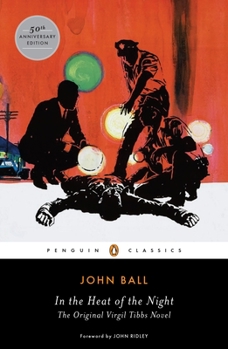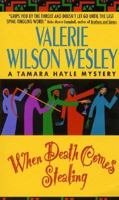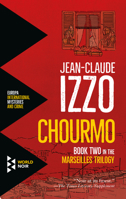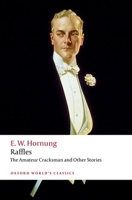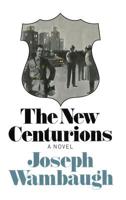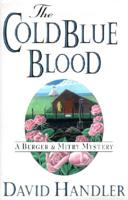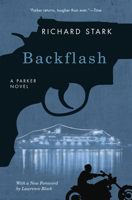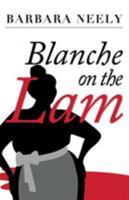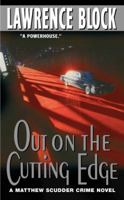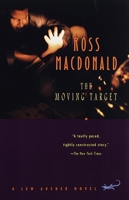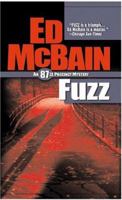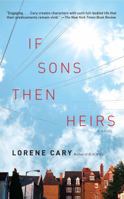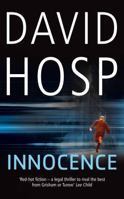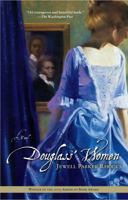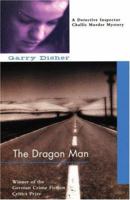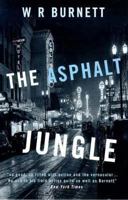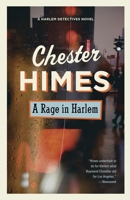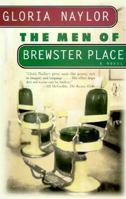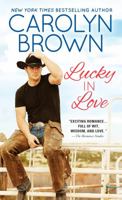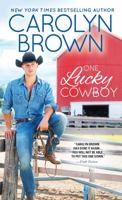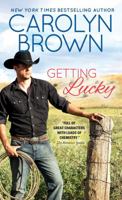You Might Also Enjoy
Book Overview
A 50th-anniversary edition of the pioneering novel featuring African American police detective Virgil Tibbs--with a foreword by John Ridley, creator of the TV series American Crime and Oscar-winning screenwriter of 12 Years a Slave "They call me Mr. Tibbs" was the line immortalized by Sidney Poitier in the 1967 Oscar-winning movie adaptation of In the Heat of the Night, which won the Edgar Award for Best First Novel and the Crime Writers' Association Gold Dagger Award and was named one of the 100 Favorite Mysteries of the 20th Century by the Independent Mystery Booksellers Association. Now fans of classic crime can rediscover this suspense-filled novel whose hero paved the way for James Patterson's Alex Cross, George Pelecanos's Derek Strange, and other African American detectives. A small southern town in the 1960s. A musician found dead on the highway. It's no surprise when white detectives arrest a black man for the murder. What is a surprise is that the black man--Virgil Tibbs--is not the killer but a skilled homicide detective, passing through racially tense Wells, South Carolina, on his way back to California. Even more surprising, Wells's new police chief recruits Tibbs to help with the investigation. But Tibbs's presence in town rubs some of the locals the wrong way, and it won't be long before the martial arts-trained detective has to fight not just for justice, but also for his own safety. For more than seventy years, Penguin has been the leading publisher of classic literature in the English-speaking world. With more than 1,500 titles, Penguin Classics represents a global bookshelf of the best works throughout history and across genres and disciplines. Readers trust the series to provide authoritative texts enhanced by introductions and notes by distinguished scholars and contemporary authors, as well as up-to-date translations by award-winning translators.
Format:Paperback
Language:English
ISBN:0143107747
ISBN13:9780143107743
Release Date:December 2015
Publisher:Penguin Classics
Length:176 Pages
Weight:0.34 lbs.
Dimensions:0.4" x 5.0" x 7.7"
Age Range:18 years and up
Grade Range:Grade 12 and higher
Customer Reviews
6 customer ratings | 5 reviews
There are currently no reviews. Be the first to review this work.
In the Heat of the Night Mentions in Our Blog

How Many Best Pictures Were Based on a Book?
Published by Amanda Cleveland • March 21, 2024
With Oppenheimer's recent Oscars win, we had a question: How many Best Picture winners were based on a book? Countless classic films are adaptations, as if a great story tends to start in literature. Let's look at the numbers and the amazing books that have lead to great films.











